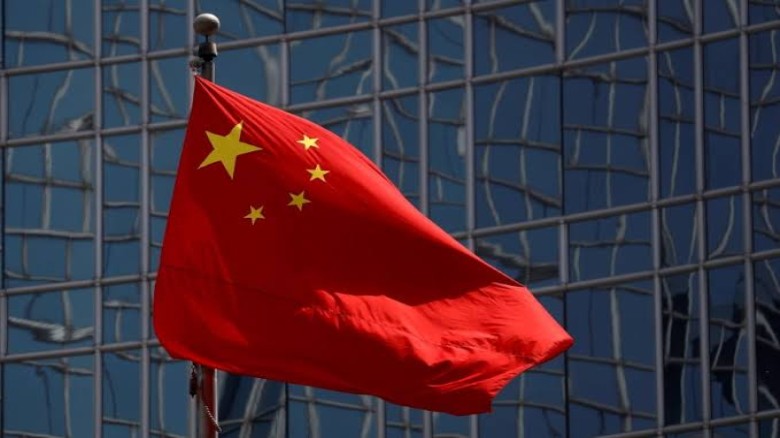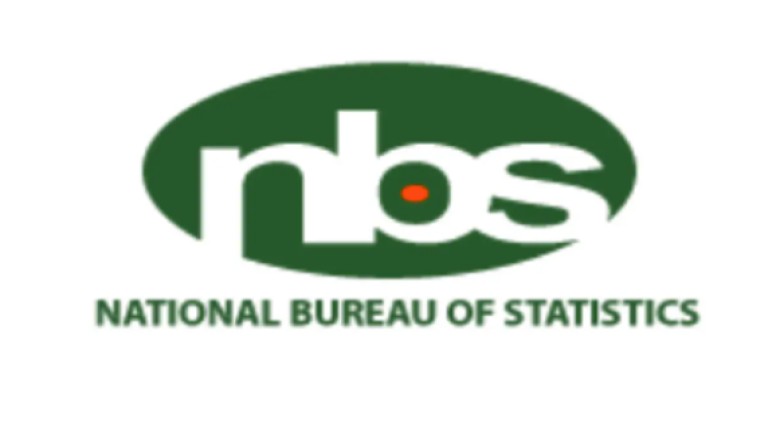Rising Drug Costs Threaten Life Expectancy in Nigeria, Experts Warn
The surging prices of malaria medications, antibiotics, anti-diabetes, hypertension drugs, and other pharmaceutical products have sparked concerns about a potential increase in mortality and a decrease in life expectancy among Nigerians.
The threat is exacerbated by the fact that retail prices for widely used medications in Nigeria have soared by at least 300% in recent days, with no signs of slowing.
In addition to food inflation, which reached 40.01% in March, the pharmaceutical sector has seen an extraordinary spike in inflation over the past four months.
Prices for antibiotics and malaria medications have sharply increased. Tavernic, for example, jumped to N25,735 from N11,370 in January, and Levofloxacin SGS is now sold at N1,200, up from N550.
Other price hikes include Terivid tablet 200mg, which rose to N10,320 from N4,460; Coartem 80/480, which increased to N6,500 from N1,750; and Amatem soft gel, which went up to N3,500 from N1,375. Lonart 80/480 also saw a significant increase, rising to N3,500 from N1,700. Ventolin inhaler now sells for N9,000, a dramatic jump from its previous price of N2,000, while Seretide inhaler climbed to N31,950 from N8,000. Augmentin 625mg increased from N14,200 to N25,000.
These soaring prices put a significant strain on Nigerians struggling to survive on a minimum wage of N30,000, leaving their future uncertain.
In an interview last month, Prof. Cyril Usifoh, president of the Pharmaceutical Society of Nigeria, attributed the rising prices to the foreign exchange crisis, the reliance on imported medicines, and soaring energy costs.
The naira closed at N1,234.49 per dollar at the FMDQ market on Monday, and the recent 240% hike in electricity tariffs poses an additional threat.
According to the National Bureau of Statistics, drug imports surged by 68% in the third quarter of 2023.
These developments come in the wake of GlaxoSmithKline's (GSK) exit from the Nigerian market in August of the previous year.
Community Pharmacist Blessing Adams noted that the increase in medication costs could result in more Nigerians succumbing to chronic illnesses. She observed that patients are increasingly turning to herbal remedies due to the high cost of prescribed drugs.
"It's distressing," she said. "A patient at my hospital died because they couldn't afford an inhaler."
"Additionally, a hypertensive patient died because he could no longer afford ARB, CCB, and diuretic antihypertensive medications," she said with sadness.
A patient at the National Hospital, Abuja, Isaac Adebayo, expressed his frustration over the soaring drug prices, saying that his family is now considering alternative treatments.
"We can no longer afford the medication due to the high costs. As I speak, my family is exploring alternative treatments outside the hospital," he said.
In the meantime, Minister of Health Ali Pate stated in February that President Bola Ahmed Tinubu planned to issue an Executive Order as a temporary solution to curb the rising costs of pharmaceutical products. However, this has yet to happen.
Dr. Uche Ojinmah, President of the Nigerian Medical Association, stated that the rising prices of medications have contributed to increased mortality and reduced life expectancy in Nigeria.
He pointed out that the country is dealing with both high drug costs and a surge in counterfeit medicines.
Ojinmah urged the government to declare a health emergency in Nigeria to prevent the sector from further deterioration.
He also suggested that the Nigerian government consider tax waivers for importing medicines and pharmaceuticals and take steps to support local drug production.
“We are in a country where a hypertensive patient used to buy a drug for N2,000 to N4,000 a few years ago, but now it's selling for N39,000 for a monthly dose, while the minimum wage is only N30,000,” he explained.
"Antibiotics now cost N8,000 and above. The most affordable drug is probably Paracetamol, which is around N400 per pack," he explained.
"In this country, we face a dual disease burden: infectious diseases and lifestyle-related illnesses.
"In the Western world, the primary concern is lifestyle diseases like diabetes and hypertension, but in Africa, we deal with both infectious diseases and lifestyle diseases.
"Now, patients can't afford antihypertensive or anti-diabetes medications, let alone those dealing with kidney and renal failure. Dialysis is now far beyond the financial reach of many.
"Parents can't afford antibiotics for their children, especially those under five years old who are more prone to infections. It's not surprising that the mortality rate will increase. If we are honest with our data, we will see a drop in life expectancy," he concluded.
"Visiting the hospital is one thing, getting a diagnosis is another, and accessing treatment is yet another challenge.
"In this conversation, we're not even addressing the rise of counterfeit drugs in Nigeria—some of which are made with substandard ingredients or just chalk. Given all these issues, it's a wonder how Nigerians manage to get by.
"Doctors are currently struggling with patients who can't afford medications due to soaring prices.
"You give patients a prescription, and they return two or three days later, saying they can't afford the medication and asking for a cheaper alternative.
"When patients come back without having taken their prescribed drugs, what can you expect?" he asked.
"Even with the high cost of drugs, some of them are counterfeit, produced with fewer active ingredients. You can't even be sure of their quality, despite the hefty price tag.
"We should declare a state of emergency in the health sector to address these issues. If we don't control the cost of medication, we're going to face a major problem soon.
"I think the government should work with local pharmaceutical companies to encourage the production of generic versions of these drugs. India did this. When anti-HIV drugs became too costly, the Indian government provided funding to local manufacturers to produce generics.
"The Nigerian government can follow a similar path by supporting local pharmaceutical companies in this way.
"Additionally, removing taxes on medical and pharmaceutical equipment would help reduce costs and enable the production of more affordable generic drugs."
"We can't harm our own people for the sake of patents. Our people should be able to produce locally what they need to take care of themselves. That's the quickest solution."
























Leave A Comment